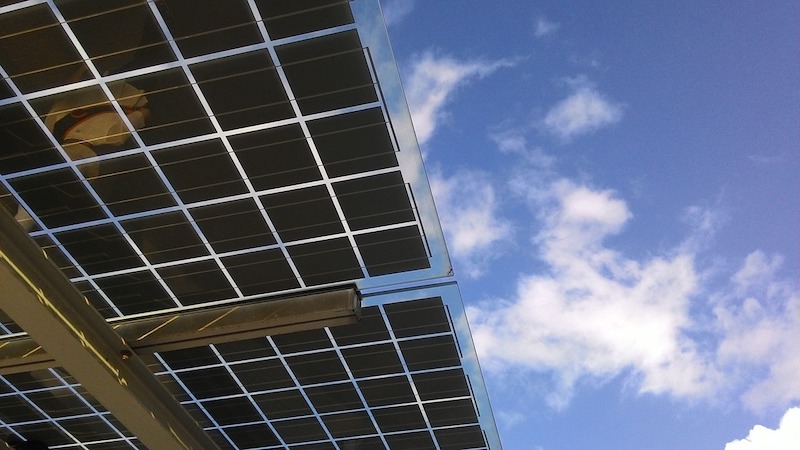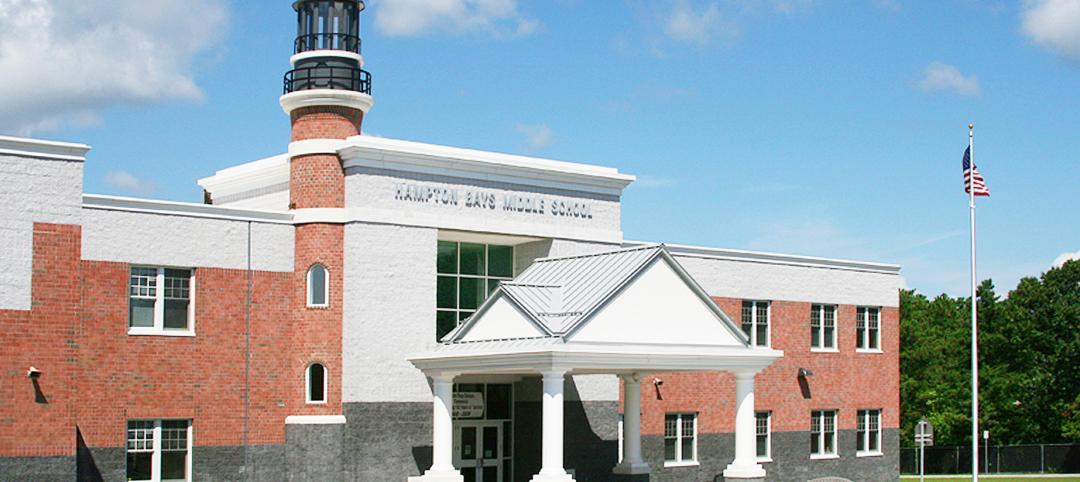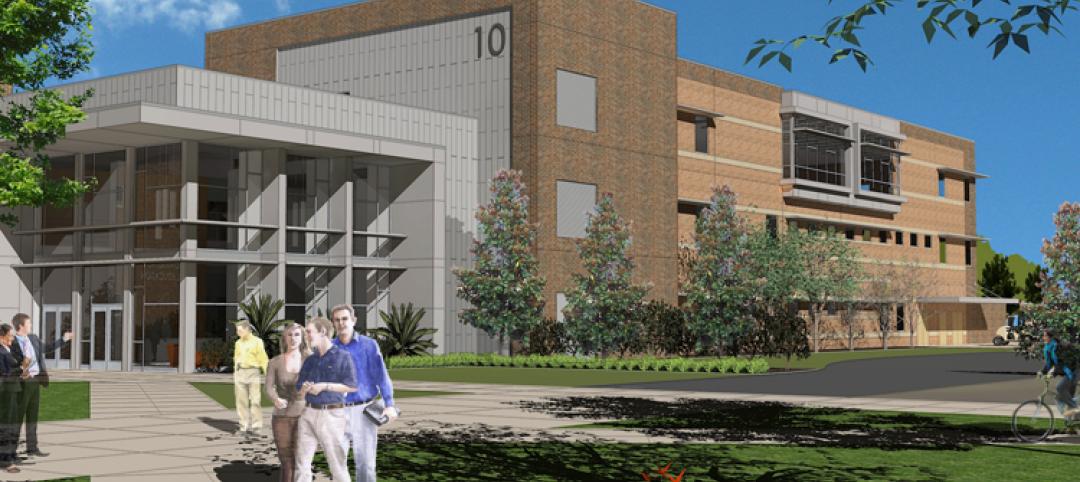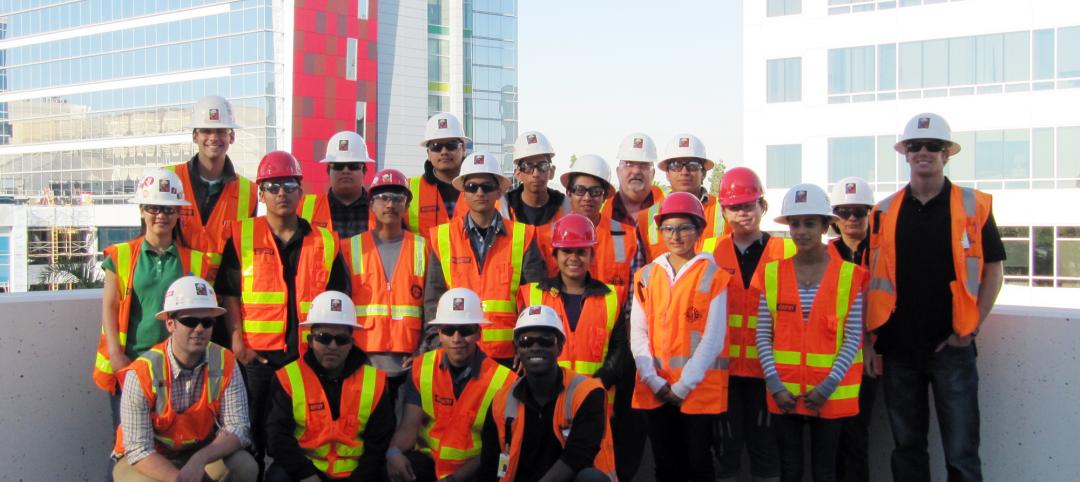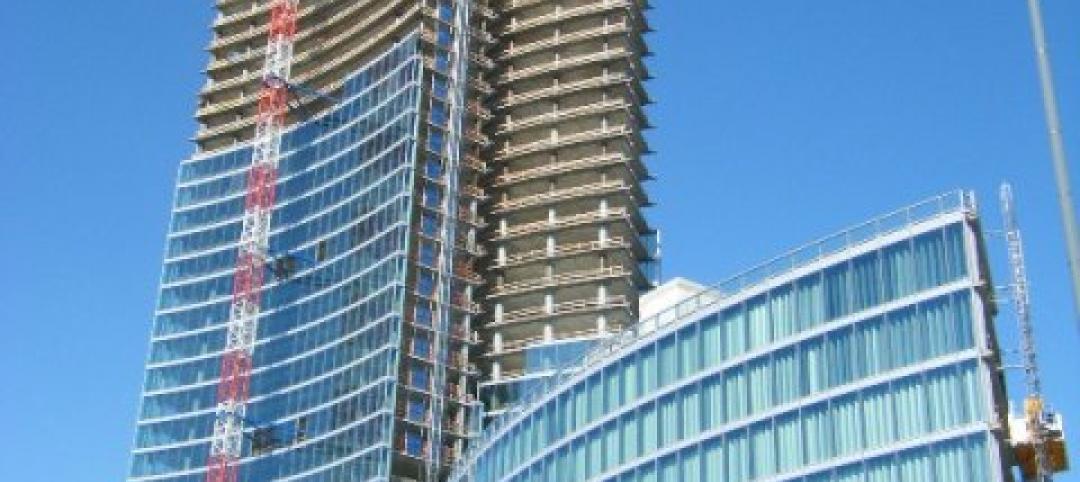The U.S. Green Building Council (USGBC) recently launched LEED Zero, a new program that will address net zero operations and resources in buildings.
“Net zero is a powerful target that will move the entire industry forward,” said Melissa Baker, Senior Vice President of Technical Core at USGBC. “For years, LEED projects around the world have aspired to net zero milestones. We are recognizing the leadership of these projects—and formalizing our commitment to focusing on carbon and net zero across the entire LEED community. These new certification programs will encourage a holistic approach for buildings and places to contribute to a regenerative future and enhance the health and wellbeing for not only building occupants, but all of humanity.”
LEED Zero was informally released by USGBC in September at the Global Climate Action Summit. LEED Zero is open to all LEED projects certified under the BD+C, ID+C or O+M rating systems, or projects registered to pursue LEED O+M certification. LEED projects can achieve LEED Zero certification when they demonstrate any or one of the following: net zero carbon emissions, net zero energy use, net zero water use or net zero waste.
“For more than two decades, LEED has provided a framework for high performance buildings and spaces, and reduced greenhouse gas emissions through strategies impacting land, energy, transportation, water, waste and materials,” added Baker. “Building on that work, LEED Zero is a complement to LEED that verifies the achievement of net zero goals and signals market leadership in green building.”
LEED certification recognizes that a project has implemented a number of sustainability strategies, reflecting reduced contributions to climate change as well as beneficial impacts on water resources, biodiversity, human health and well-being, regenerative material resource cycles, social equity and quality of life.
LEED Zero builds on LEED by recognizing specific achievements in building operations and rewards projects that have used LEED as a framework to address important aspects of green buildings and taken their buildings to the next level by designing and operating toward net zero goals. LEED Zero encourages a holistic approach for buildings and places, which will contribute to a regenerative future. This is part of a vision to ensure that the next phase of USGBC’s efforts will be LEED Positive, where buildings are actually generating more energy than they use, and removing more carbon than they produce.
Related Stories
| Apr 27, 2012
Hampton Bays Middle School winner of the first National Green Ribbon Schools Program
School was the first LEED-certified public school in the state of New York.
| Apr 26, 2012
USGBC announces inaugural Green Apple Day of Service
On Sept. 29, 2012, participants from all over the world will volunteer to make the schools and campuses in their communities healthier and more sustainable.
| Apr 26, 2012
Orange County, Fla. high school receives NAIOP “Public Development of the Year” award
School replacement designed by SchenkelShultz Architecture and constructed by Williams Co.
| Apr 25, 2012
Bubble skyscraper design aims to purify drinking water
The Freshwater Skyscraper will address the issue of increasing water scarcity through a process known as transpiration
| Apr 25, 2012
Thornton Tomasetti/Fore Solutions provides consulting for Biologics Support Center
Project receives LEED Gold Certification.
| Apr 25, 2012
McCarthy introduces high school students to a career in construction
High school students from the ACE Mentoring Program tour the new CHOC Children’s Patient Tower in Orange, Calif.
| Apr 25, 2012
J.C. Anderson selected for 50,000-sf build out at Chicago’s DePaul University
The build-out will consist of the construction of new offices, meeting rooms, video rooms and a state-of-the-art multi-tiered Trading Room.
| Apr 24, 2012
ULI Real Estate Consensus Forecast, projects improvements for the real estate industry through 2014
Survey is based on opinions from 38 of the nation’s leading real estate economists and analysts and suggests a marked increase in commercial real estate activity, with total transaction volume expected to rise from $250 billion in 2012 to $312 billion in 2014.
| Apr 24, 2012
McLennan named Ashoka Fellow
McLennan was recognized for his work on the Living Building Challenge.
| Apr 24, 2012
AECOM design and engineering team realizes NASA vision for Sustainability Base
LEED Platinum facility opens at NASA Ames Research Center at California’s Moffett Field.


